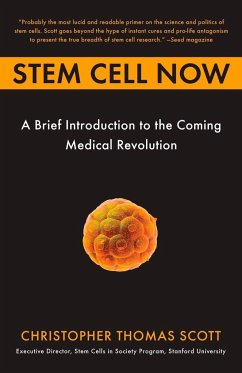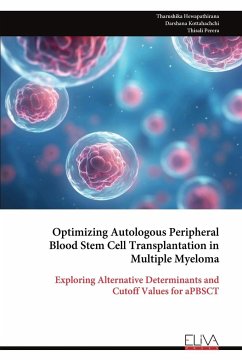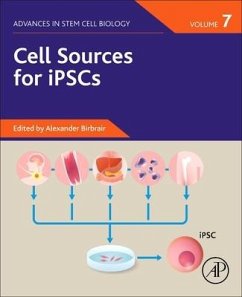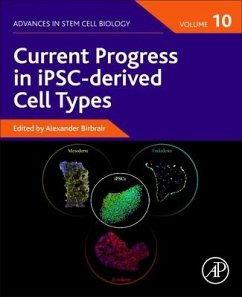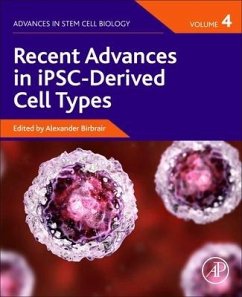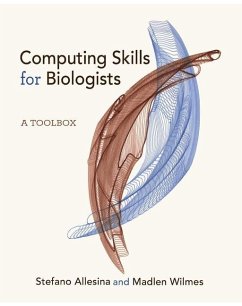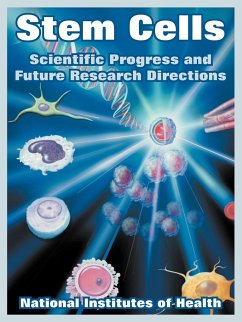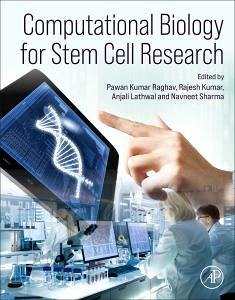
Computational Biology for Stem Cell Research

PAYBACK Punkte
90 °P sammeln!
Computational Biology for Stem Cell Research seamlessly bridges the gap between the worlds of biomedical sciences and in silico computational methods. This book serves as a valuable resource for researchers and students, enabling them to grasp and delve into the intricacies of hematopoietic Stem Cells (HSCs) and mesenchymal Stem Cells (MSCs) through the lens of computational biology. This perspective sheds light on stem cell transplantation, translational research, and unique properties of stem cells like self-renewal and differentiation. In addition to introducing readers to stem cell-focused...
Computational Biology for Stem Cell Research seamlessly bridges the gap between the worlds of biomedical sciences and in silico computational methods. This book serves as a valuable resource for researchers and students, enabling them to grasp and delve into the intricacies of hematopoietic Stem Cells (HSCs) and mesenchymal Stem Cells (MSCs) through the lens of computational biology. This perspective sheds light on stem cell transplantation, translational research, and unique properties of stem cells like self-renewal and differentiation. In addition to introducing readers to stem cell-focused bioinformatics tools, this resource offers a clear pathway for effortlessly merging in silico methods with traditional in vitro and in vivo approaches. Computational Biology for Stem Cell Research combines science and technology to showcase how computational methods transform stem cell research by reducing costs and enhancing investigations. The chapters uncover various approaches, from machine learning to genome analysis, for studying networks, protein interactions, dynamics, and the preprocessing of large datasets. The book aims to give readers a broad view of the advanced computational tools and methods extensively employed in stem cell research. Additionally, the book emphasizes the ongoing studies and tools yet to be developed for furthering stem cell research.




